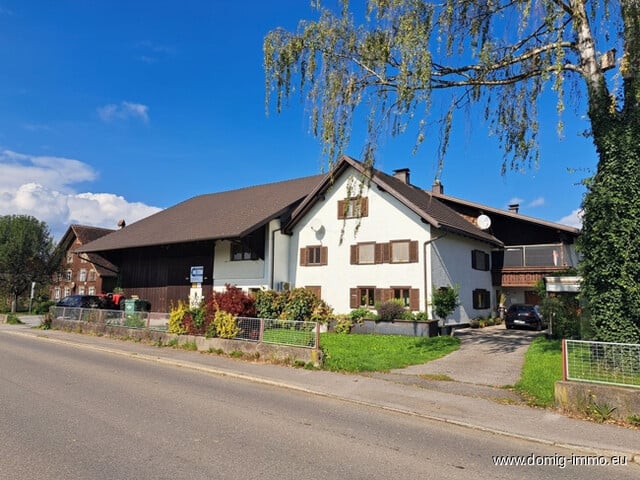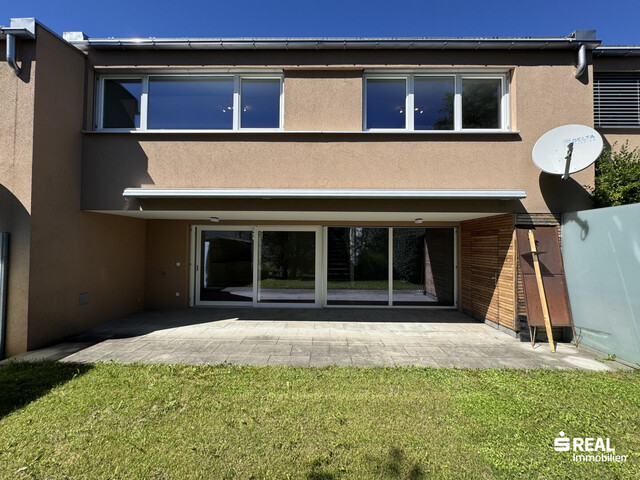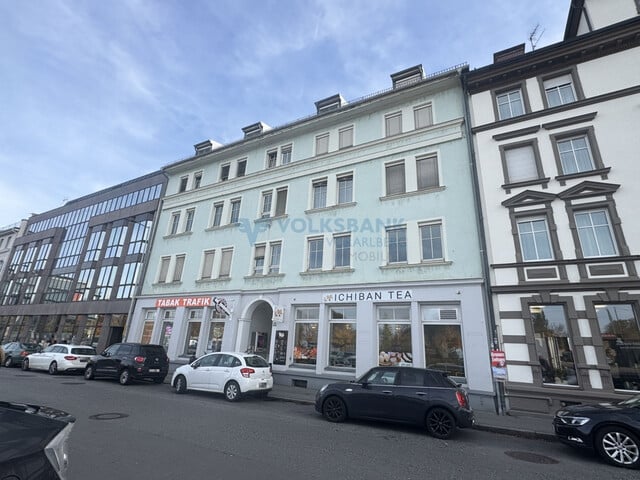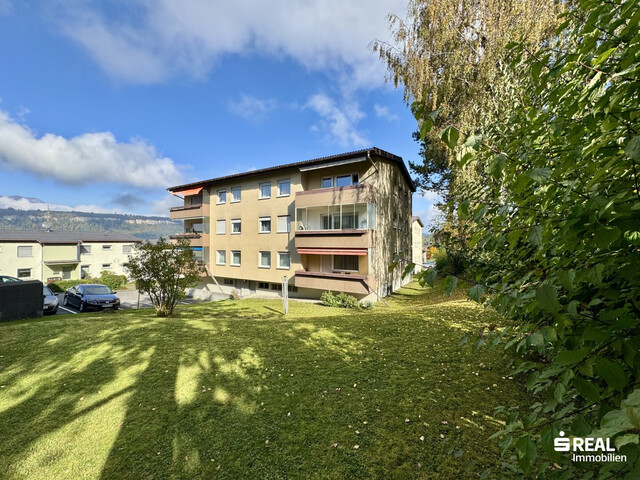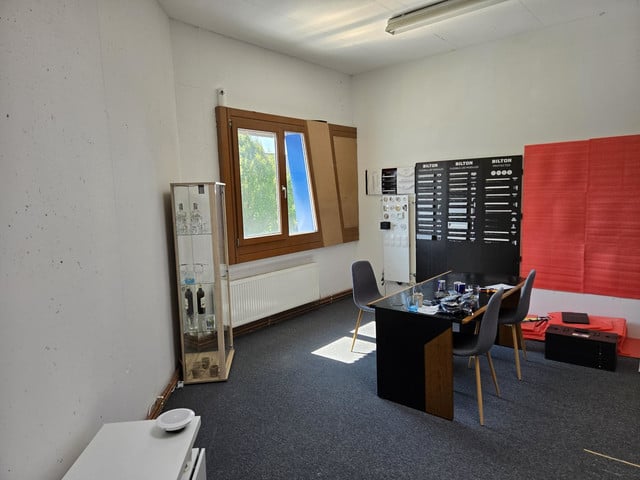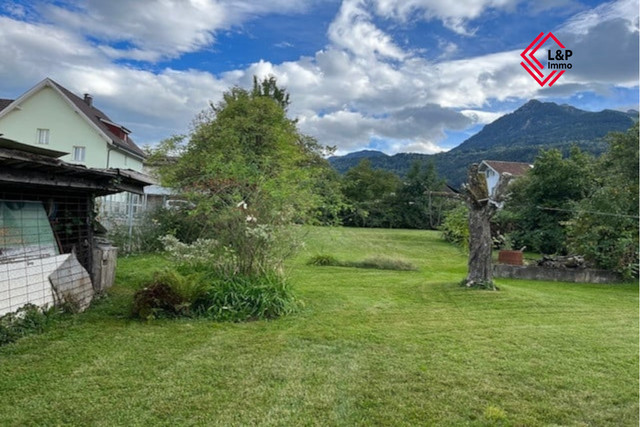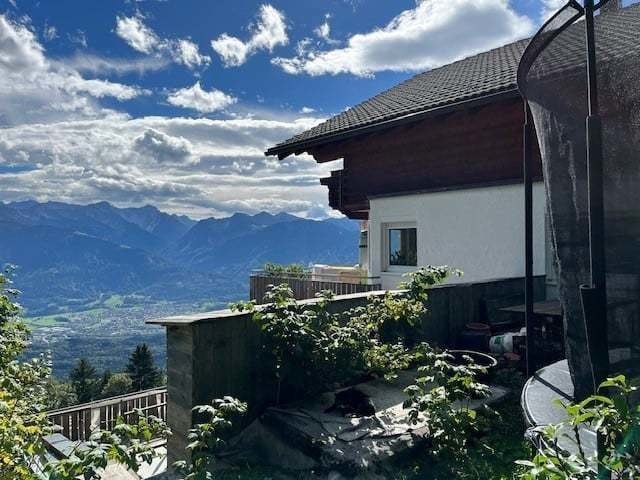Former Chancellor, Mountaineer, Record Holder: Wolfgang Schüssel Turns 80

Wolfgang Schüssel celebrates his 80th birthday on Saturday (June 7). As with his 70th and 75th, he released a book before the anniversary. Ten years ago, it was a collection of columns, and five years ago, an episodic autobiography. This time, the former chancellor wrote about "Confidence". Besides his hobbies, Schüssel is active in an advisory capacity, still serving as President of the Austrian Society for Foreign Policy and the United Nations (ÖGAVN).
In his new work "With Confidence. What We Can Learn from Yesterday for Tomorrow" (Ecowing Verlag), Schüssel collected stories about famous personalities and events - such as Wolfgang Schäuble, Konrad Adenauer, or Viktor Frankl. The reader will also find anecdotes from his own life. He wants to "counter" with his book - against the uncertainties brought about by, for example, the Russian attacks, and "offer arguments for confidence, especially in our time and future," Schüssel writes in the preface to his book. Not genes, instincts, fate, external circumstances, or environmental influences are decisive, "but solely how WE deal with them," says the former chancellor, advocating for "confidence, joy of life, community, self-imposed tasks, and plans".
Schüssel Still Record Holder
Schüssel remains the longest-serving chairman of the ÖVP - and probably one of Austria's more intriguing chancellors in recent decades. The jubilarian was shaped by the Catholic-liberal milieu, yet in 2000, he brought Jörg Haider's FPÖ into the government. Schüssel was also someone who came from the chamber state and yet put the social partnership under pressure. And as a fervent European, it was the EU that dealt him perhaps his most severe personal defeat with its sanctions against the black-blue government.
Schüssel comes from financially modest circumstances, was raised by his mother, attended a private high school in Vienna, worked at the then-young station Ö3 in deliberately progressive programs, and pursued a classic academic path as a law student. The People's Party became his political home early on, and in the parliamentary club, he was one of the secretaries. The Economic Association, where he became Secretary General, was his career ladder.
The further path of the political talent, who was then ridiculed for his bow tie preference, was almost logical. Schüssel first became Minister of Economic Affairs, took over the party leadership in 1995, and with it the vice-chancellorship and the foreign ministry. He demonstrated his risk affinity in 1995 when he - barely chairman - called for new elections. However, the voters still wanted Franz Vranitzky in the chancellery, a coalition of black with blue did not materialize for whatever reasons at that time, and Schüssel had to rather reluctantly continue as vice-chancellor for several more years.
"Less State, More Private"
His big moment came just after the 1999 national election, where he led the ÖVP to only third place. After a long and grueling poker game, the red-black negotiations failed, and Schüssel soon reached an agreement with the FPÖ, which was eager for significance. Despite his previous campaign promise to go into opposition as the third party, he allowed himself to be made chancellor by the Blues.
The national and international protests, along with sanctions, were massive. Schüssel took on the chancellorship even under these circumstances as if it were the most natural thing in the world. His reform policy polarized - under the motto "less state, more private," comprehensive reforms were initiated, including the sale of state properties. The purchase of the Eurofighter also fell under his aegis.
The constant crossfire from the jealous Haider, who remained in Carinthia, turned the sharp-tongued head of government into the "silent chancellor," as he was especially called by the political competition. Schüssel stayed the course, surrounded by the same loyalists like Wilhelm Molterer, Elisabeth Gehrer, and Ursula Plassnik, the ÖVP leader let almost everything bounce off him, even though his features visibly hardened year by year.
Spectacular Victory and Withdrawal
The FPÖ coup in Knittelfeld was seen by Schüssel as an opportunity. 2002 was probably the election campaign of his life. Schüssel, otherwise inclined to be condescending to almost everyone, became almost a people's tribune. The people did not necessarily lend him their hearts, but their votes, because they wanted to keep him, the crisis-proof one, as chancellor. Schüssel won spectacularly, flirted a little with the Greens, only to continue with the FPÖ or BZÖ in a coalition that many experienced as an ÖVP solo government.
To this day, Schüssel defends many of his FPÖ government partners. Whether the one inclined to cynicism is sugarcoating those he once dubbed "giants" or actually believes it, only he himself will know.
The end of Schüssel's glory was reached in 2006, when the ÖVP squandered a victory believed to be certain after the BAWAG affair, and Alfred Gusenbauer became the head of a red-black government. Schüssel, who is no stranger to tackling in his beloved football game, did much as club chairman to keep the chancellorship of his not-so-dissimilar successor short. To this day, few understand why he, who had plenty of doors open to him anyway, remained in parliament as a simple member before withdrawing ingloriously in 2011 in the wake of the Telekom affair, even though there were no serious allegations against him personally.
Marriage Withstood Political Storms
Since then, Schüssel has rarely commented on day-to-day politics, and if he does, it is mostly on a European level. He has largely withdrawn from his roles on various supervisory boards, for example, in 2022 after increasing criticism from the supervisory board of the Russian oil company Lukoil. He continues to work as an author and lecturer. Schüssel was and is considered an excellent speaker, whom hardly any of his chancellor successors have matched so far. Privately, he is as enthusiastic a mountaineer as he is a cartoonist and cello player, enjoys moving in the world of the greats, yet has lived modestly for decades in the same apartment and enjoys a mountain hut in Styria. His marriage to psychologist Krista, from which his daughter, actress and director Nina Blum, and a son originate, has withstood all political storms. He probably now has more time for his role as an enthusiastic grandfather.
About the person: Wolfgang Schüssel, born on June 7, 1945, in Vienna, holds a doctorate in law. From 1975, he was the Secretary General of the Economic Association, from 1979 a member of the National Council, and from 1989 Minister of Economic Affairs. In 1995, he became ÖVP chairman, Vice Chancellor, and Foreign Minister. From February 2000 to January 2007, he was Federal Chancellor. From 2007-2008, he was ÖVP club chairman, and then until 2011 again a member of the National Council. Schüssel is married and the father of a daughter and a son.
(APA/Red)
This article has been automatically translated, read the original article here.
Du hast einen Hinweis für uns? Oder einen Insider-Tipp, was bei dir in der Gegend gerade passiert? Dann melde dich bei uns, damit wir darüber berichten können.
Wir gehen allen Hinweisen nach, die wir erhalten. Und damit wir schon einen Vorgeschmack und einen guten Überblick bekommen, freuen wir uns über Fotos, Videos oder Texte. Einfach das Formular unten ausfüllen und schon landet dein Tipp bei uns in der Redaktion.
Alternativ kannst du uns direkt über WhatsApp kontaktieren: Zum WhatsApp Chat
Herzlichen Dank für deine Zusendung.
